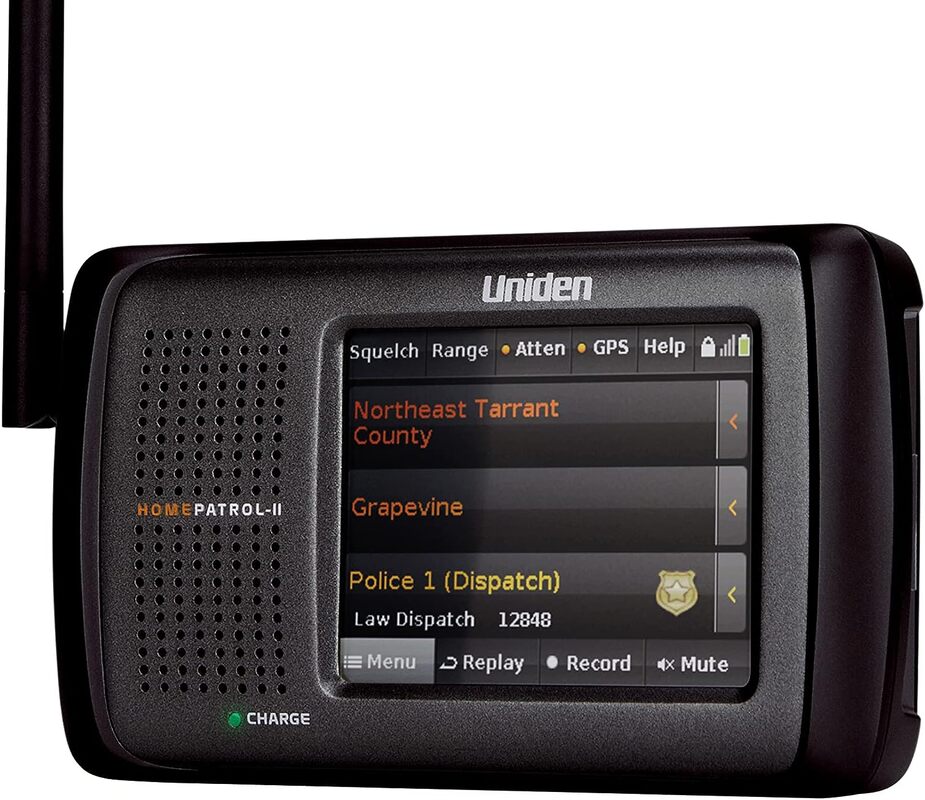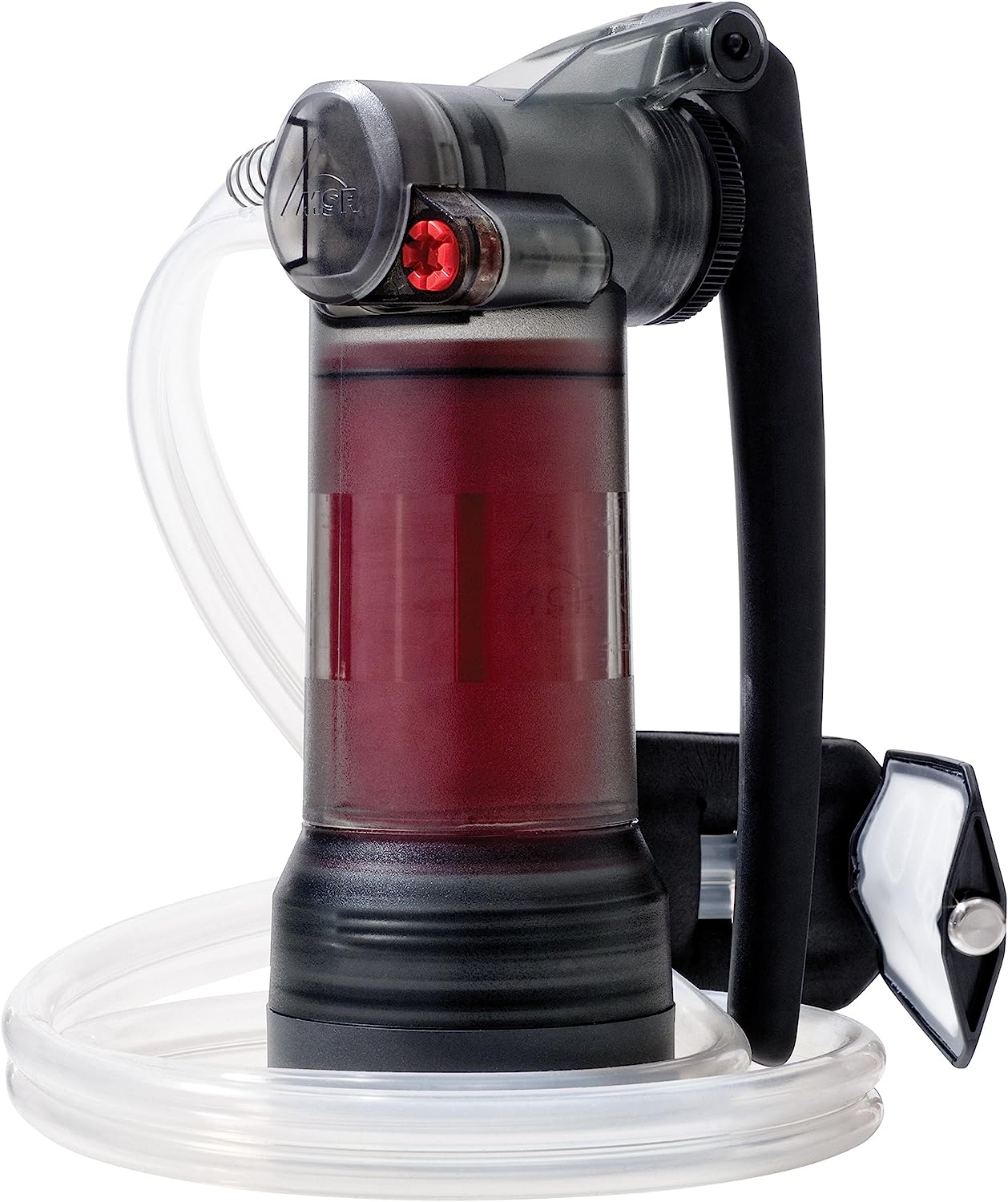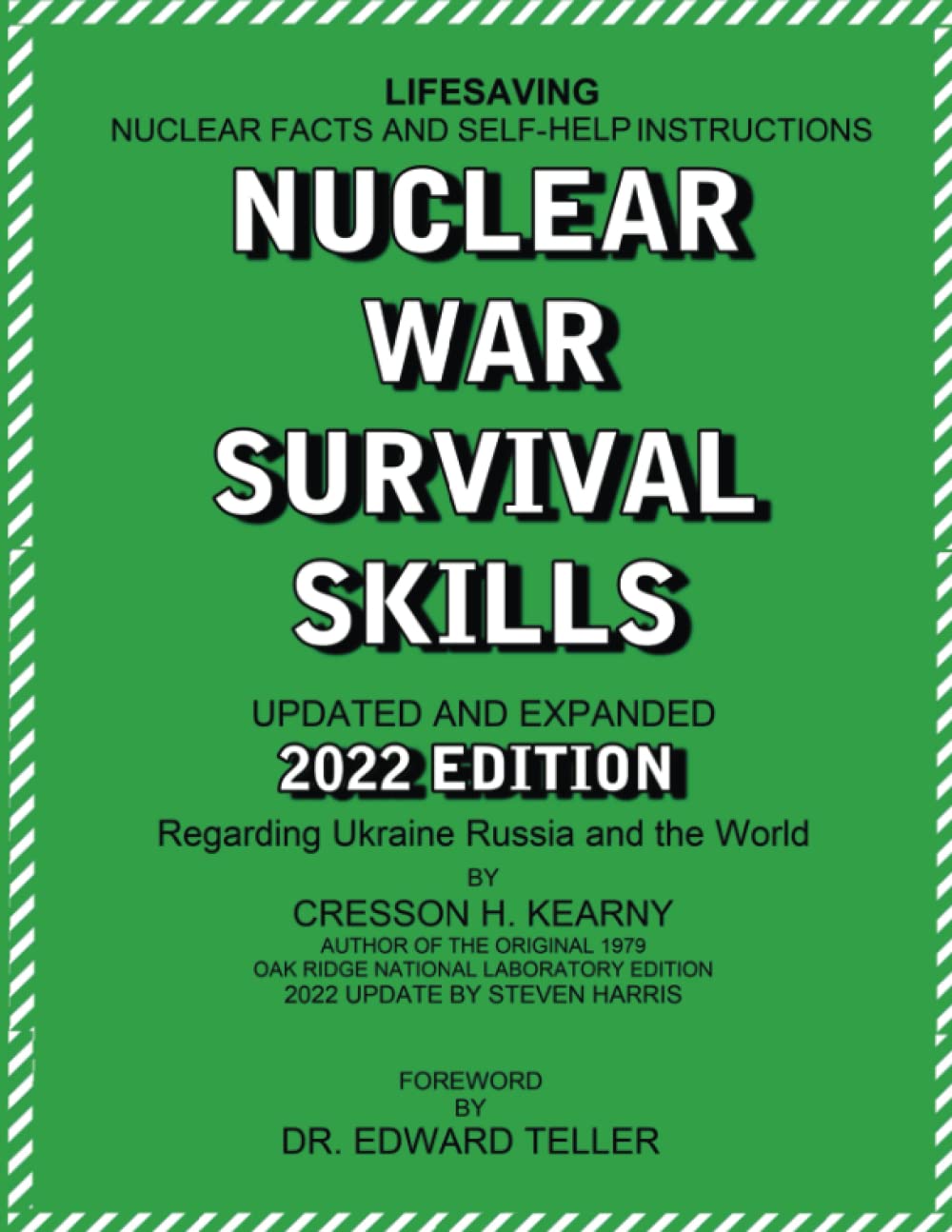|
I did a podcast with Radiant Creators. It was an excellent conversation (way better than with the voices in my head). Have a listen!
Listen on YouTube Let’s look a couple examples of potential civil war triggers (general, not specific) in the US and their outcomes. I’ve developed a brief matrix on how civil conflicts develop and escalate into widespread, open violence. Also, please note that by “civil war” I don’t mean armies on battlefields but closer to widespread riots, looting, lawlessness, genocide, and what might be deemed as acts of terrorism.
Hurricane Katrina
World War III
A third world war happens that involves attacks on American soil. Nuclear, non-nuclear; doesn’t matter. Attacks happen, people are scared and the government must protect the military and infrastructure. So, martial law or something like is declared. From there, a police state develops. This actually happened in Hawaii where a military government was installed and enforced not just wartime regulations, but ordinary laws as well. This idea could extend to something like rationing or a national speed limit to conserve oil. Since this is not the 1940s and we are not willing to sacrifice our freedoms, Americans revolt at the idea. Protests and non-compliance becomes violence. Government must respond harshly. How about a draft? A draft today would be extremely unpopular for many reasons. I doubt even vigorous enforcement would be successful and the greater the pressure applied, the greater resistance the state would encounter from the public. Instead of running to Canada, some may choose to fight rather than submit for a warrant for failure to report to boot camp, etc. Government’s missteps shouldn’t be ignored. If a guy posting a meme about the Democratic voting day being the day after Election Day gets prosecuted for an obvious joke, what if people who express their opinion that no one should join the military or allow themselves to be drafted are targeted? The Sedition Act was used to target dissenters during World War I, so this isn’t an exaggeration. 18 U.S. Code § 2388 Whoever, when the United States is at war, willfully causes or attempts to cause insubordination, disloyalty, mutiny, or refusal of duty, in the military or naval forces of the United States, or willfully obstructs the recruiting or enlistment service of the United States, to the injury of the service or the United States, or attempts to do so-- Economic collapse Broke people who are left destitute and possibly homeless are being hammered by the IRS to pay taxes that they can’t pay; wages are garnished and bank accounts seized. People are incensed at the IRS picking the last pennies out of a broke man’s pocket. Others are driven to homicidal despair by things of suddenly finding out that they owe taxes $200k on “forgiven” debt on a home they had to walk away from. Somebody snaps and decides to kill the deputy who evicts them. This idea catches on and goes viral. Soon everyone who doesn’t want to get evicted is resisting. This expands into a class warfare type situation or resistance against supposed inequalities in the justice system. Tragically, this movement normalizes the use of violence to interfere with ordinary law enforcement. Cops are being killed in a real war on cops. Just like most people, cops will not do their job if they are being killed for it. Self-sacrifice and bad luck is one thing, but when cops are being assassinated on TikTok because a hashtag is circulating? You’re gonna find anyone who doesn’t quit just sitting around the station. The nation’s security situation will continue to slip until it breaks down totally and the rule of law is utterly ineffective. If you don’t believe that the thin blue line protects society from descending into chaos, you should. It’s not that police are superheroes, but they and the criminal justice system are a deterrent for some and literally do keep our civilization orderly. If you want to see what a society with no cops looks like, look to Portland or San Francisco. Now just imagine that cops aren’t even responding to 911 calls. If you hated being deployed in Iraq, you’re really going to hate it when there is no rule of law in America. Massive riots Doesn’t matter how they began or where they began, but the riots go national and get violent. Perhaps some form of racial or political violence is nascently encouraged, causing more trouble than just the typical looting and vandalism. Imagine 2020 but not isolated to downtowns in major cities only and the police don’t get a handle on it. A high-profile use of force against rioters by private citizens occurs that inspires rioters to take more violent action. The riots escalate beyond the ability of police to intervene. Perhaps the Nat’l Guard gets involved or the Insurrection Act is invoked. In any case, the normal mechanisms of riot control fail and the situation goes from a riot to chaos. This gives the federal government some BS excuse to invoke the Insurrection Act (10 USC § 253). 18 U.S. Code § 231 - Civil disorders Whoever teaches or demonstrates to any other person the use, application, or making of any firearm or explosive or incendiary device, or technique capable of causing injury or death to persons, knowing or having reason to know or intending that the same will be unlawfully employed for use in, or in furtherance of, a civil disorder I would imagine that in today’s climate there would probably be a disproportionate use of force on one side or the other. The disfavored side would likely be disarmed, subjected to intense law enforcement scrutiny, and perhaps even detained. Self-defense against the favored group, even if justified, would be reason to put someone away. The government would then be seen as partisan and likely targeted to dissuade them from preventing citizens from protecting themselves or settling scores on their own. Gun control Imagine a future where the left has a trifecta in Washington; a filibuster proof majority, both houses of Congress, and a Democratic president. A leftist state, like California, Illinois, or New York might just decide to ignore any court rulings. The case Worcester v. Georgia over Cherokee tribal sovereignty is an example of such a crisis, famous for President Jackson’s apocryphal quote “[Chief Justice] John Marshall has made his decision; now let him enforce it!” This nearly lead to South Carolina seceding from the Union (it did in 1861 for other reasons). It’s entire possible that a leftist state simply refuses to cease enforcement or repeal unconstitutional laws after the Supreme Court invalidates them. Imagine hearing “New York will not be subject to the tyranny of six extreme MAGA judges in Washington DC!” California might make some incredibly tough restriction and enforce it anyway, ignoring any injunctions, trying to do as much damage as it can before the courts can sort the mess out. The progression might go something like this: sweeping gun control legislation coupled with high-profile raids/arrests. Someone decides to resist and we have a new Ruby Ridge. If the RW doesn’t get involved then and there, we may see retaliation against the Feds and law enforcement. This begins a self-perpetuating cycle where government action leads to an insurgent response and the level of violence escalates with each step. Insurrection With Trump possibly being indicted as I write this, a high-profile political arrest of a presidential candidate intended to keep him from running, at least successfully, is within the realm of possibility. So, I substitute an alternative; the incarceration of a major political figure. A biased blue-state jury convicts a popular conservative politician and he is to be jailed. This politician or someone on his behalf actively calls the public to prevent the arrest from happening and for violence. It has happened in the elsewhere in the world and jailbreaks have happened on smaller scales in this country. Anti-government violence occurs, pitting pro-politician citizens against police and the other party. The government must respond with a heavy hand, causing the big-name politician’s supports to escalate their own violence. All sorts of stuff that goes in the terrorism category ensues. Escalating cycle of violence In all of these cases, an escalating cycle of violence beings. The government must respond harshly not only to eliminate the threat, but to serve as an example for retaliation, continuing violence, etc. The non-government forces will also have to escalate their attacks to make continued the state response unsuccessful. Things will get ugly. In Northern Ireland, the PIRA sought to make peaceful, democratic rule impossible by forcing the British to turn the country into a police state. British rule was delegitimized in the eyes of the Republicans/Catholics although the state did maintain a monopoly of power. The PIRA couldn’t win on conventional military terms so terrorist tactics went wild, eventually affecting not just the military/police, but innocent civilians on both sides as well. Even the British began playing dirty tricks like themselves terrorists. Plenty of other civil wars have shown that governments can go way too far. The Nazis began as a reaction to a communist revolution in Germany during the post-WWI chaos and look at what that morphed into. Communists also start out wanting to make life better but the next thing you know you have a Che Guevara type shooting formerly rich people in the head. The violence only stops early-on two ways: If the government takes the high road, it disengages and does not allow the other side to bait it. Or, the insurgents are so overwhelming devastated it breaks their ability to wreak violence and discourages any further resistance. Basically, one side has to be superlatively violent to get the other to capitulate. January 6 showed us that the government will not only prosecute, but persecute, with no semblance of justice or fair dealing, those that existentially threaten its power. Other incidents have shown that the government does not often make good choices when exercising lawful police power (Ruby Ridge, Waco). That we did not get a civil war because of the Bundy Standoff in 2014 was a miracle. In a time such as this, does anyone honestly think that if the government does play by the rules, but while pursuing an ultimately immoral policy, that half of the country will idly sit by and allow it to happen? I very much doubt it. Insurgents will strike back asymmetrically and that always means things will get ugly because all government can do at that point is take the gloves off. Note: this an excerpt from my non-fiction book Rural Home Defense: A cop's guide to protecting your rural home or property during riots, civil war, or SHTF, available on Amazon. Defense posture 1: elevated threat
Description: Police are spread thin, but “the system” is still functioning. Unrest is generally confined to urban areas. Threat: There is an elevated chance of theft or violent crime in your area beyond the normal baseline. Urban deprivation of rural areas is still unusual. Criminal status: Displaced urban criminally inclined persons may have relocated to your area and brought their existing behavior with them. Watch status: All interested parties should be discussing defensive group and RRF/QRF formation. Guard status: Be more alert to what’s going on around your home, any persons/vehicles arriving, and incidents in your area. Barricade status: No road modifications. Weapons: Rifles not necessary but extra magazines, larger handguns, and trauma kits should be carried regularly. Rules of engagement: Normal rule of law. Defense posture 2: low threat Description: Urban areas are in chaos and there is some refugee outflow. Shortages/famine may be placing pressure on rural supply chains leading to criminal opportunism. Local police may be sent to cities on mutual aid and rural responses degraded. Threat: Low to medium chance of theft, home invasion, or robbery. Businesses are at greater risk for robbery, theft, or looting as local and urban desperation increases. Criminal status: Desperation drives much theft and bolder criminals are looking to commit mainly opportunistic crimes in less-well prepared rural areas that have fewer police. Watch status: Intelligence on outsiders, suspicious activity, and crimes should be shared, investigated, and analyzed by defenders. All suspicious activity should be reported to police. Guard status: As above, but neighbors may want to check on each other, patrol discreetly, and check vulnerable local businesses. Barricade status: No road modifications. Weapons: As above. Rules of engagement: Normal rule of law. Defensive posture 3: medium threat Description: Domestic order and the economy are collapsing; urban areas are experiencing serious unrest and violence, often without police intervention (i.e. Hurricane Katrina New Orleans but everywhere). Rural areas are facing pressure from urban refugees who are depredating local residents and businesses out of desperation. Criminal attacks are now widespread opportunism with occasional intentional, organized raids. Threat: Theft is common but actual violence less so. Certain areas may be experiencing a higher threat but random incidents can be expected anywhere. Criminal status: Crimes are very common as police are overtaxed and this is being exploited by criminals. Most crimes are borne from desperation and are unsophisticated but organized crime may be involved with thefts. Home invasion type raids are not widespread but not rare any longer. Watch status: As above. Guard status: As above with greater coverage, geographically and around the clock, and with greater vigilance. Barricade status: As above. Driveways and gates should be closed when not in use. Weapons: Long guns in the home are readily accessible and it may be prudent to travel with them in a vehicle. Rules of engagement: Standard justifiable homicide but more individual/group challenges of wrongdoers. Defensive posture 3.5: high threat, non-WROL Description: As above, but worse, and police can really only make arrests after the fact. Threat: Urban areas are near-warzones, refugee pressure is high, and rural criminal activity is high. Criminal status: Professional criminals, gangs, cartels, and organized predatory groups are attacking easy targets. Unsophisticated criminals are engaging in opportunistic violence or theft freely. Watch status: Common radio frequencies that coordinated criminal groups may be using are monitored. Someone at home is always on watch. Homeowners should ensure that no one enters their yard uninvited or unverified. Guard status: Patrols monitor the neighborhood and surrounding areas as above. Defensive groups and the RRF/QRF exist and are ready for call-outs. Barricade status: As above. Weapons carry: All adults carry weapons at home; pistols holsters and long guns at hand. Rifles and tactical gear are brought when traveling. Rules of engagement: Standard justifiable homicide but with freer use of less-lethal weapons to discourage attack or deescalate a situation before it turns violent. Offensive: A hard target is presented as a deterrent. Shelter in place: Anyone leaving the home should travel in a well-armed group only when necessary (shopping, medical, church, etc.). Children should play within fenced yards under adult supervision. If you don’t need to go out, don’t. Do not travel far from home or leave the home unattended. Defensive posture 4: high threat, WROL Description: Police and government have collapsed and a restoration of order will not occur in the near future. Prosecution for crimes is unlikely and criminality is rampant. The situation is “survival of the fittest.” Threat: Rural areas are experiencing theft, robbery, and looting generally. Elevated risk of home invasions, carjackings, and robberies in public. Genocide and warfare may be a risk. Criminal status: Professional criminals, gangs, cartels, and organized predatory groups are attacking even hard targets. Regular persons who are otherwise law-abiding are preying on others to survive. Watch status: Someone is always on watch, awake and alert. Patrols monitor the immediate vicinity and the wider area. Homeowners should ensure that no one enters their yard to steal food or enter homes. Intelligence is regularly shared and collected. Guard status: As above, but the defensive force and RRF/QRF are on their highest alert (other than standing by for an incident in progress). Any unexpected visitation or human activity is scrutinized. Barricade status: Residential roadways may be barricaded or have speed obstacles installed. Community-level decisions may be made to close certain strategic roadways or guard them. Weapons carry: As above. Tactical gear and long-guns are carried on patrol, guard duty, or watch. Outside the “wire,” everyone moves in a heavily armed group or as “gray” men with discreet backup and long guns. Rules of engagement: Preemptive force (lethal or otherwise) is used as is morally and ethically justified. Actual or highly suspected threats are engaged with lethal force immediately. Defensive: All defenses are deployed in full and defensive plans are implemented (actually in-action). Offensive: A hard target is presented as a deterrent. Very little leeway is given to actual or suspected threats. Preemptive engagement of future threats may be reasonable. Doing what is necessary to survive is done. Shelter in place: As above. All non-essential activities cease. During heightened threats: consolidation to one or a few specially hardened homes may be warranted; and no one should be leaving home except in large, well-armed groups, and only when absolutely necessary. Non-combatants are briefed on evacuation criteria and routes. The situation in South Africa, particularly the shantytowns that are taking over got me thinking about this topic. It is an ugly, unpleasant one but refugee camps are a sore that if allowed to fester will plague all those near them. In uncivil and dangerous times, disagreeable and unsavory tactics may need to be used to protect you and yours. Note: this an adaptation from my non-fiction book Suburban Defense: A cop's guide to surviving riots, civil war, SHTF, or modern urban combat, available on Amazon.
From the Syrian Civil war on back through history, civilians who have lost their homes or are seeking to avoid becoming a casualty of conflict have sought refuge in areas less affected or unaffected by tragedy. This means that if dense urban areas become battlegrounds or unsurvivable, the residents will move out to the suburbs and countryside. The overwhelming majority of people will be unprepared for even short term disruptions in the financial and logistical systems. Even those who did prepare may find themselves dispossessed of home and supplies. You may even become one of the destitute. Having nothing and limited prospects of survival makes people desperate. A desperate band of refugees who has been camping in a field next to your neighborhood and starving may one day decide to try and overrun your defenses in order to kill you, eat your food, and live in your houses. While this sounds extreme, it is not outside the realm of possibility and violent attempts to rob or loot are of very high probability.
Refugees [excluding property owners and allowed relatives] should never be admitted to your neighborhood unless the refugee has a specific, specialized skill that your group needs and that person will add significant value to your group. This could be young veterans for security in a senior community or a physician when hospitals are closed. Bringing in unskilled persons for manual labor so residents don’t have to toil is a bad idea. Skilled persons who are candidates should be vetted carefully and the community should vote to include them or not. It is preferable that any refugee who is admitted has their own supplies. Moving them along Requests will be made for food, water, shelter, and supplies. With the exception of maybe water—if in ample supply and easy to provide—requests should be refused. Beggars should be directed to a charitable distributor (see below). Those requesting shelter should also be refused. If you house them, expect to be feeding them and there is a major possibility they will refuse to leave and will require forcible eviction with all its attendant problems. You will face beggars at your gate asking for food, water, and other items. I would highly recommend denying these requests politely (and appearing you are equally desperate). Not only does this kind of charity deplete your resources, but as mentioned elsewhere, your neighborhood could get a reputation as a place for handouts. There is no long-term management of refugees within your abilities. If you allow them in, permit them to setup a camp or set one up for them, they may never leave. They may begin to agitate for homes in your community or for you to supply their needs. You will need to be ruthless. Unless they have something to offer that makes you stronger, move them along. A camp in the immediate vicinity of your home is a danger. Homeless camps that abut residential areas are already problematic, bringing theft, drugs, and violence into the area. Now imagine that instead of vehicular burglaries, these people are jumping your fence, stealing your vegetables, and some of them are even robbing homes. If you have open land or a park near your home, ensure it does not become a place for refugees. You may need to burn out camps or terrorize these people to avoid them being a threat to you. Polite efforts to establish them elsewhere can be used, but ultimately having a horde of desperate “have nots” next door to the “haves” is a bad combination. The potential for trouble is just too great to risk. Any refugee camp that is a necessary evil in your area needs to be established far from your neighborhood or any other locals who are surviving. Harden your heart.
Refugees should not be allowed to camp more than overnight and should as humanely as possible discouraged from remaining or extending any camps. If they don’t take the polite hint, escalate force. Usually destroying their shelter and physically moving them (“floating”) down the road will do it. More coercive measures are dependent on the law enforcement situation, the age/sex composition of the group, and the behavior of the group. When the rule of law is weak or absent, displace any existing homeless camps near your home/neighborhood. Do not let it grow into a shanty town. Cut down vegetation used to conceal camps and make the area undesirable for occupation. I realize that this is all very uncharitable but survival of the prepared (and lucky) often involves ugly, selfish, and harsh measures. As to the contemporary homeless problem, our society has failed due to the naïve “do gooders” who think that freeing the mentally ill and addicts from institutions was a good idea. We treat stray animals better than we do the homeless of whom most are on the streets by choice and not misfortune. For those in the “but for the grace of God go I” camp, in a major domestic refugee crisis where people have been displaced because of circumstances beyond their control, well-planned charity can alleviate some of the moral and emotional quandaries. Create camps far away from existing settlements and keep order there. Get the people living in the camps to contribute to the running, improvement, maintenance, and sustenance of the camp. Get them working in the area if possible. Don’t let them just sit and rot or collect benefits. There are some good examples of such camps from the Great Depression era (see The Grapes of Wrath, for example) and even in South Africa, displaced whites have orderly refugee camps. Good social cohesion and strong authority is necessary to run these kinds of places effectively and efficiently. Any motley, unorganized collection of squatters is likely to present a problem that will have to be dealt with as above. |
Author Don ShiftDon Shift is a veteran of the Ventura County Sheriff's Office and avid fan of post-apocalyptic literature and film who has pushed a black and white for a mile or two. He is a student of disasters, history, and current events. Archives
May 2024
Categories
All
As an Amazon Associate I earn from qualifying purchases.
|
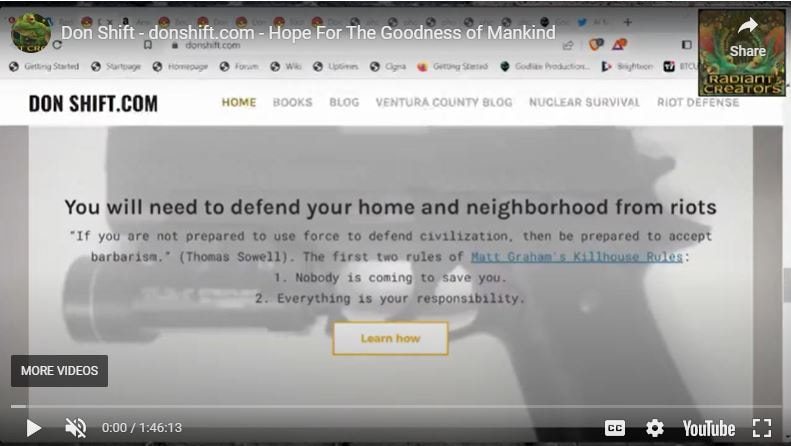
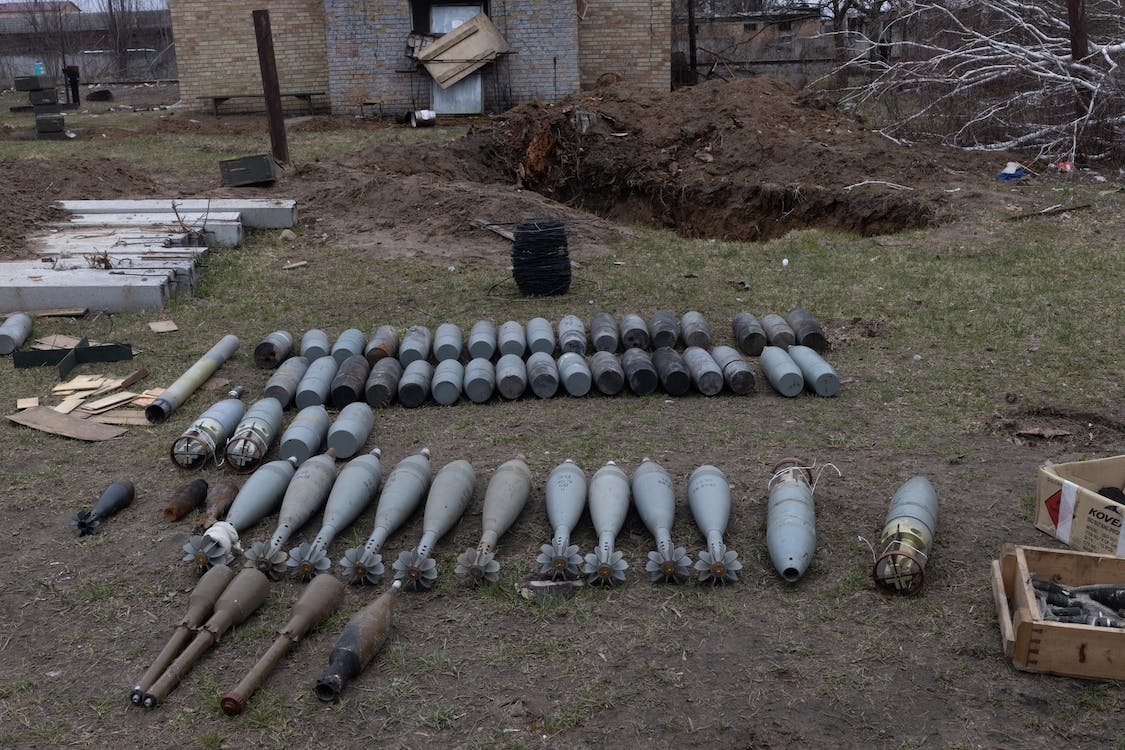
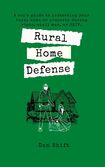
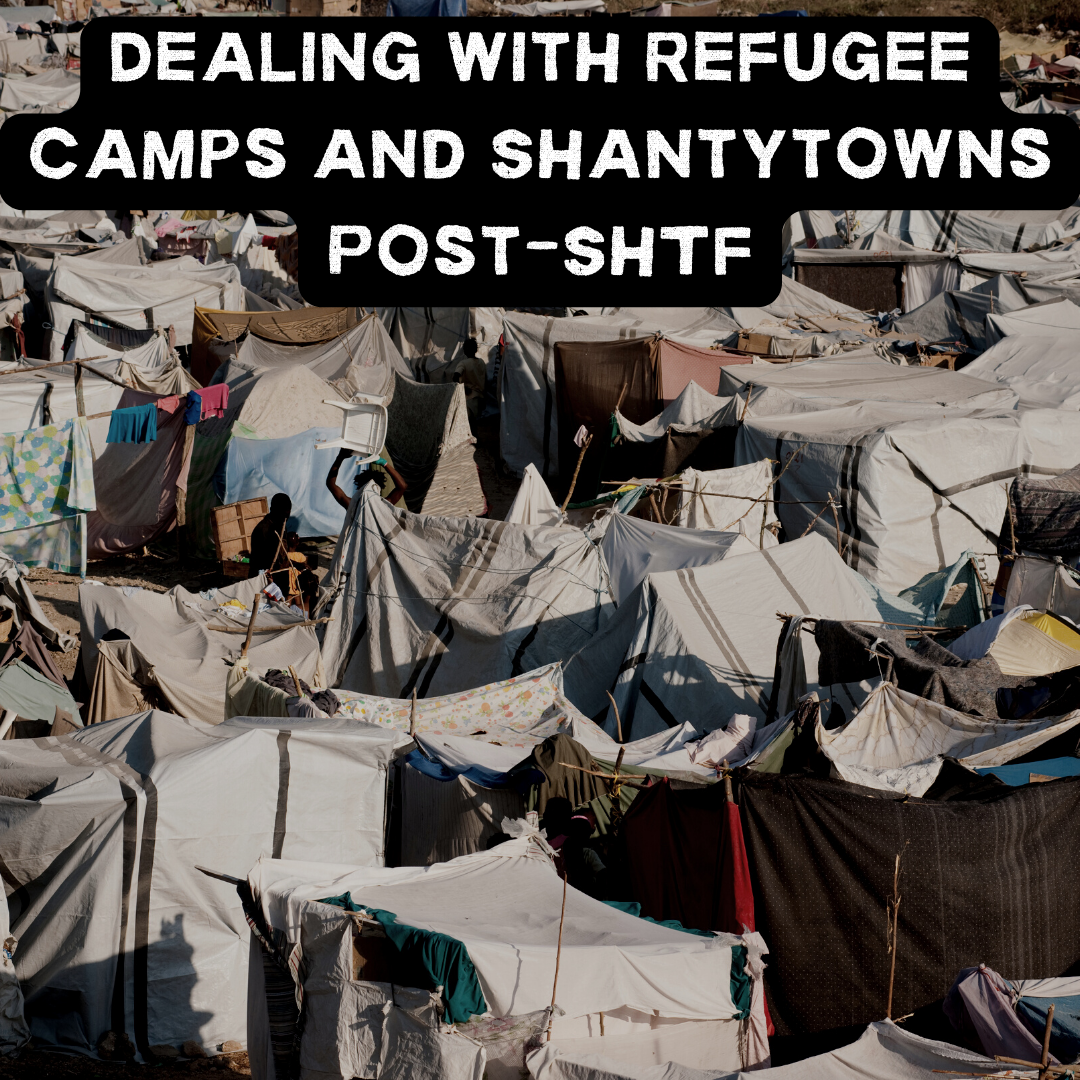
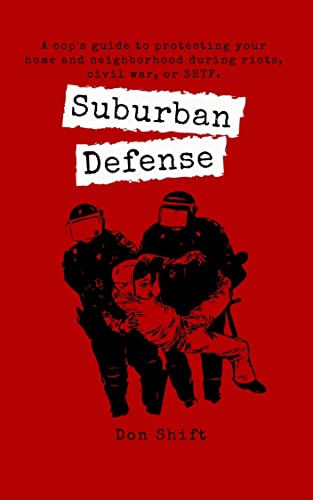
 RSS Feed
RSS Feed

